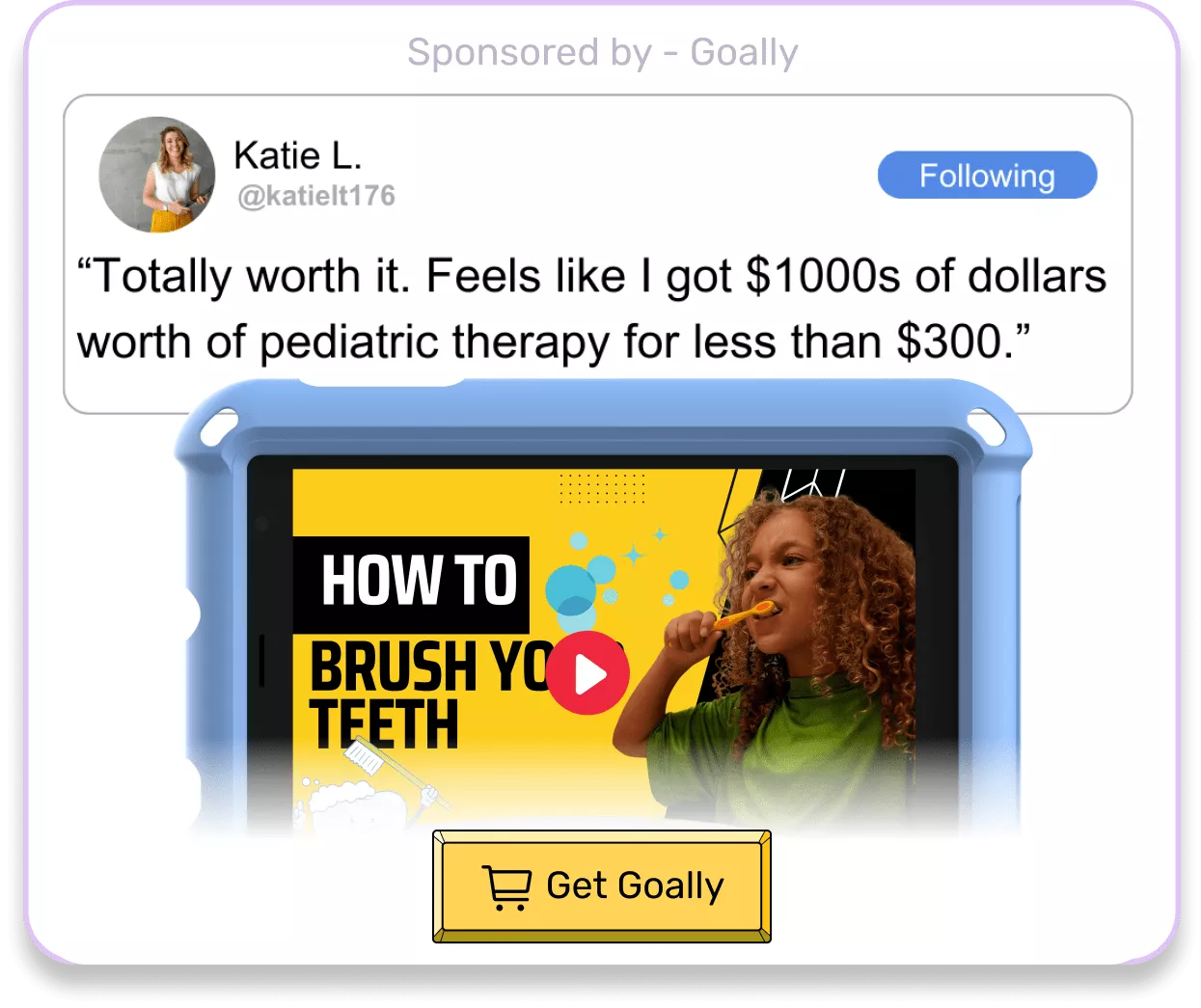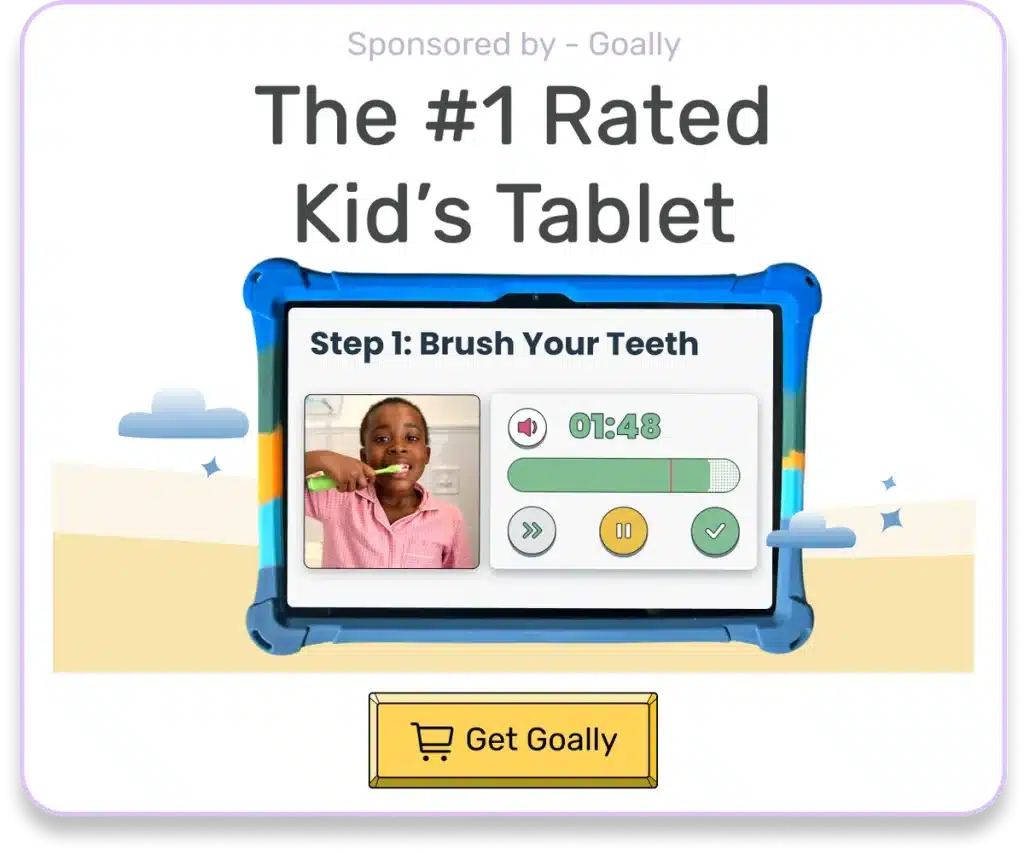As a licensed practitioner who works with kids, I’ve seen firsthand how ADHD can impact a child’s academic performance. Many parents wonder, “Can you have ADHD and do well in school?” The answer is a resounding yes! With the right support, strategies, and accommodations, kids with ADHD can absolutely thrive academically. In this post, we’ll explore practical tips and insights to help your child with ADHD succeed in school.
Table of Contents
What is ADHD?
Attention Deficit Hyperactivity Disorder (ADHD) is a neurodevelopmental disorder characterized by inattention, hyperactivity, and impulsivity. According to the CDC, approximately 9.4% of children aged 2-17 years have been diagnosed with ADHD. While ADHD can present challenges in the classroom, it does not have to be a barrier to academic success.

Read more: How to Help a Child With a Learning Disability
Understanding Your Child’s Unique Needs
Every child with ADHD is different, with their own strengths, challenges, and learning style. The first step in supporting your child’s academic journey is to understand their specific needs. Work closely with your child’s teacher, school counselor, and healthcare provider to identify areas where your child may need extra support.
Some common challenges kids with ADHD face in school include:
- Difficulty staying focused and easily distracted
- Struggling to follow multi-step instructions
- Impulsivity and trouble waiting their turn
- Hyperactivity and restlessness
- Difficulty with time management and organization
By pinpointing your child’s specific challenges, you can develop targeted strategies to help them succeed. For example, if your child struggles with organization, you might work with their teacher to break assignments into smaller, more manageable steps and provide visual checklists.
How to Request a Class Change if Your child is not successful in their current classroom.
Establishing Routines and Structure
Kids with ADHD often thrive on predictability and routine. Establishing clear structure at home and school can help your child feel more grounded and focused. Work with your child to create a daily schedule that includes designated times for homework, breaks, and fun activities.
Some tips for creating an effective routine include:
- Use visual schedules and timers to help your child stay on track
- Break homework into shorter, focused sessions with built-in movement breaks
- Establish a consistent bedtime routine to ensure your child gets enough sleep
- Encourage your child to pack their backpack and lay out clothes the night before to minimize morning stress

Advocating for Accommodations
Under the Individuals with Disabilities Education Act (IDEA), kids with ADHD may be eligible for accommodations and support services at school. These can include things like extra time on tests, preferential seating, or assistive technology. Don’t be afraid to advocate for your child and request an evaluation if you think they may benefit from accommodations.
Some common accommodations that can help kids with ADHD include:
| Accommodation | How It Helps |
|---|---|
| Extended time on tests | Allows your child to work at their own pace and reduces time pressure |
| Preferential seating | Seating your child near the teacher can minimize distractions |
| Movement breaks | Scheduled breaks to move around can help your child refocus |
| Assistive technology | Tools like noise-cancelling headphones can block out distractions |
Focusing on Strengths and Building Confidence
It’s easy for kids with ADHD to feel discouraged when they face challenges at school. That’s why it’s so important to highlight your child’s strengths and help them build self-confidence. Encourage your child to pursue their interests and passions, whether it’s art, music, sports, or science.
I once worked with a 9-year-old boy with ADHD who struggled with reading but had an incredible talent for building complex Lego creations. By focusing on his strengths and praising his Lego skills, we were able to boost his overall confidence, which in turn helped him feel more motivated to tackle his reading challenges. Remember, every child has unique gifts – it’s our job as adults to help them recognize and celebrate them!

Read More: Easy Guide to IEP & 504 Plans
Partnering with Your Child’s Teacher
Your child’s teacher is one of your most valuable allies in supporting academic success. Establish open, regular communication with your child’s teacher to stay informed about their progress and any challenges that arise. Share successful strategies you use at home and ask for the teacher’s input and observations.
Some ways to foster a strong partnership with your child’s teacher include:
- Attend parent-teacher conferences and keep in touch via email or phone
- Share your child’s ADHD diagnosis and any successful strategies you use at home
- Work together to set realistic goals and monitor progress
- Express appreciation for the teacher’s efforts and support
Remember, you and your child’s teacher are on the same team – by working together, you can create a supportive environment that sets your child up for success.
Try Goally For Your Child With ADHD
Goally helps kids with ADHD stay focused and build skills. Unlike a Kindle or an iPad that kids get easily distracted on, Goally has no YouTube, no social media, no web browser, and especially no ads.
Goally uses game play as a points-based motivator for your kiddo with ADHD and helps them learn emotional regulation skills. It’s simple to set up and has an expert-informed design.

Can you have ADHD and do well in school? Absolutely. With the right support, strategies, and mindset, kids with ADHD can thrive academically and beyond. By understanding your child’s unique needs, establishing routines, advocating for accommodations, focusing on strengths, and partnering with teachers, you can help your child reach their full potential. It may take some extra effort and creativity, but seeing your child succeed is well worth it.
Resources:
FAQs about Can You Have ADHD and Do Well in School
Can a student with ADHD perform well in school?
Yes, many students with ADHD can and do perform well in school. Success often involves tailored educational strategies, supportive teachers, and sometimes, accommodations under educational plans like the 504 or IEP.
What are some effective school strategies for students with ADHD?
Key strategies include breaking tasks into smaller steps, using visual aids, providing a structured routine, and incorporating movement breaks to help manage energy levels and improve focus.
Can medication help a student with ADHD succeed academically?
For some students with ADHD, medication can significantly improve their ability to concentrate, stay organized, and complete schoolwork. However, medication is often most effective when combined with behavioral therapies and academic accommodations.
What accommodations can help students with ADHD in school?
Common accommodations include extended time on tests, the ability to work in a quieter environment, organizing tools like planners or digital apps, and the opportunity to take frequent breaks during tasks.
How can parents support their child with ADHD in their academic journey?
Parents can support their child by establishing a consistent routine at home, communicating regularly with teachers, and advocating for necessary accommodations or resources at school. Building a supportive home environment can also significantly impact a child's academic success.
This post was originally published on 06/08/2023. It was updated on 05/18/2024.

Goally
We help parents teach their kids life skills, like doing bedtime and morning independently. Backed by science, we incorporate evidence-based practices and expert-informed designs in all of our apps and content.





